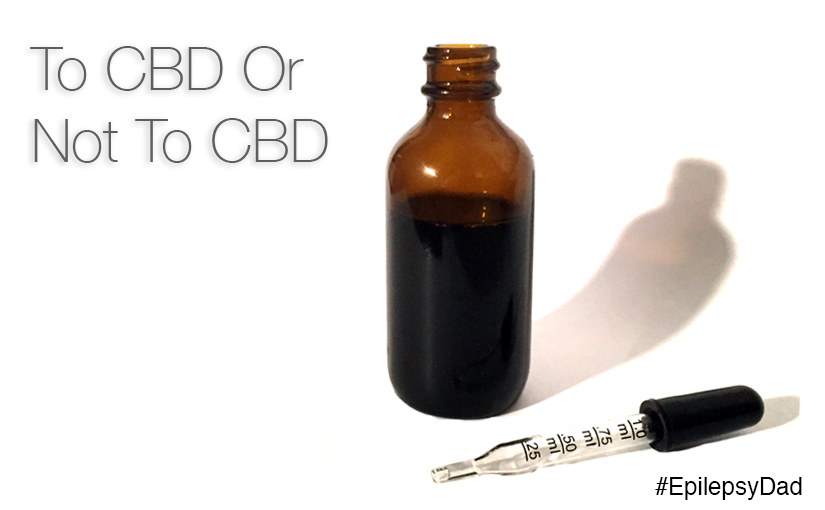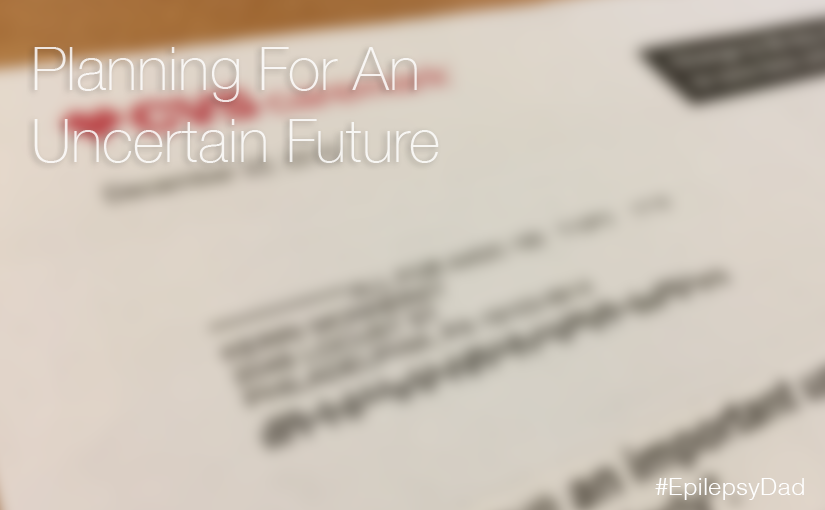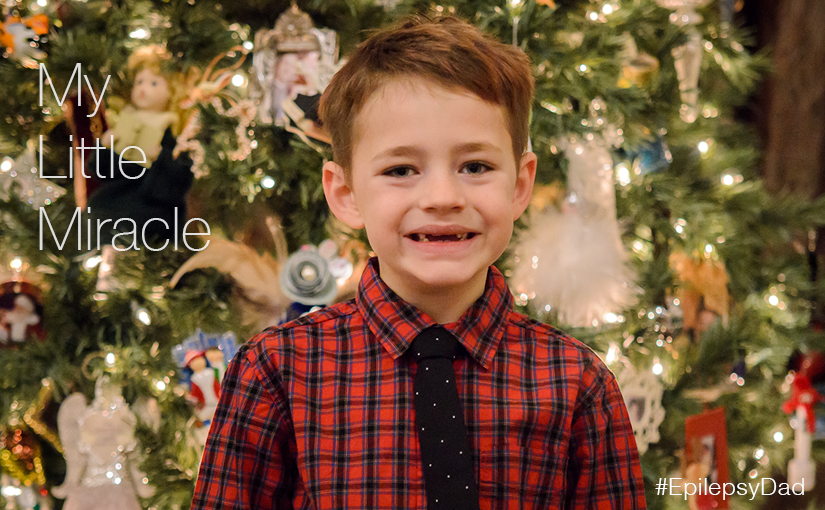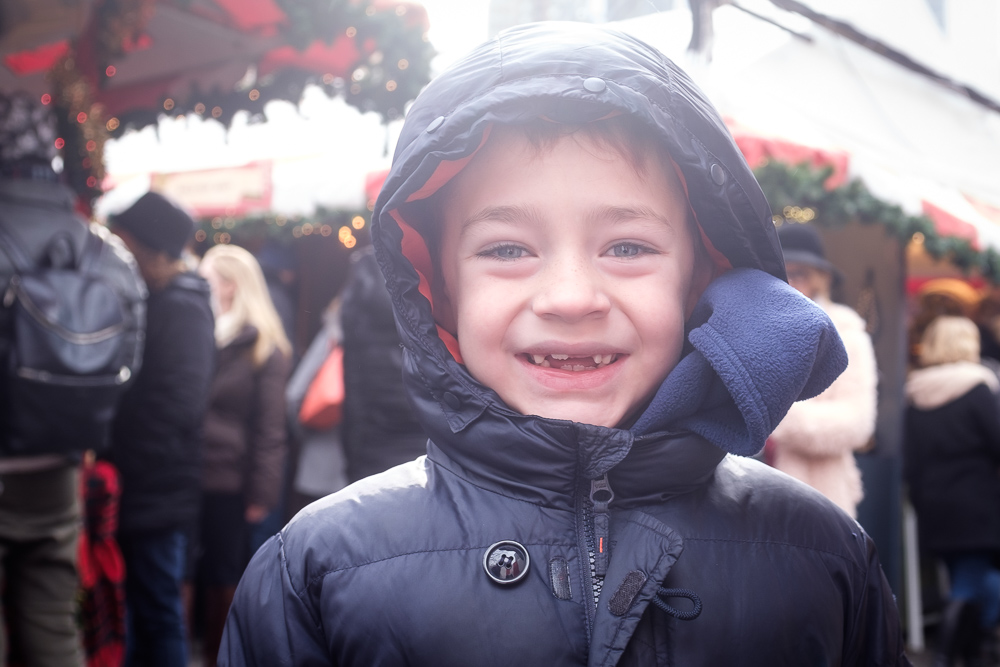There is no shortage in the news of sensational headlines highlighting the miracles of CBD and medical marijuana as a treatment for epilepsy.
- Parents Say Medical Cannabis is “Miracle Drug” for Children
- Marijuana stops child’s severe seizures
- Medical marijuana helps stem 6-year-old’s seizures
The articles write about children who tried any number of medications that failed to control their hundreds of seizures a day but were all but cured by CBD.
After two years of uncontrolled seizures, we were so desperate for something that could help our son so we brought CBD up with our doctors. At the time, it was illegal in Pennsylvania and our doctors weren’t comfortable talking about it because they had no experience with it. We were unable to get into the CBD trial happening at our hospital so we discussed moving back to Colorado. Our doctors said there was only limited testing on the drug and that it was focused on specific syndromes associated with epilepsy. There was little research on its long-term effects or its interactions with the antiepileptic medications. Another concern we shared with the doctors was the inconsistent quality coming out of many CBD providers. At the time, we made the decision to not try CBD because it wasn’t worth the risk of introducing a drug with so many unknowns. We had seen what a bad reaction to a medicine looks like for our son and we weren’t willing to risk the progress that we had made.
My son was still having seizures every day so we started to make plans for a VNS surgery. I struggled for weeks with the decision and, even after it was made, I agonized over the thought of surgery for my son. Then, in April of 2016, medical marijuana was legalized in Pennsylvania. We again brought up CBD as something to try before we pursued the surgery and we were referred to doctors in Colorado. The waiting list to get an appointment was so long. Even after a trip to Colorado, we were not able to get an appointment. We spoke to one of the doctors from our neurology department that was familiar with CBD and decided to give it a try.
When the bottle of oil arrived, I tried to temper my expectations. We’ve tried and been disappointed by too many medications already and, regardless of the press clippings, I knew that, for every sensational success story, there were countless stories with less than miraculous results. It may not work at all, or my son may have a negative reaction, as he has had from many other treatments.
The dosing to introduce CBD is slow and we were told it could take months before we saw the full effects. As the parent of a child with epilepsy, I’m no stranger to hearing about patience. That practice doesn’t make it any easier, especially watching my son continue to have seizures. But we started the treatment with a hopeful, open mind and as much patience as we could muster.
After a few weeks, we were up to a functional dose but we didn’t notice any difference in my son’s seizure burden. We increased the dosage again and continued to wait. By the third month, we did see a slight decrease in seizures but nothing like the stories in the news and nothing we could directly attribute to the CBD. With the advice of our doctors, we decided to stay at the dose we were on and adjusted one of my son’s other medications. The result was our first few small stretches of seizure-free days.
I was grateful for those days but I was also disappointed. I had hoped that the CBD would be the miracle drug we were looking for. I hoped it would stop his seizures and that we could get off the other medicine and the ketogenic diet. So far, we haven’t been able to reduce any other medications. Ultimately, we’re not quite sure how much CBD is actually helping my son or if it is helping him at all. This is how it goes sometimes with any drug that tries to control something as complex as the brain. You try it, see if anything changes or gets worse, and then decide what to try next.
For us, I think our experiment with CBD will be coming to an end. We’re going to adjust his regimen and, once those changes take hold, we will start weaning off CBD. If anything indicates that it was working, we will reevaluate. I expect, though, that it will be another medicine to add to the list of ones that didn’t work for us.



